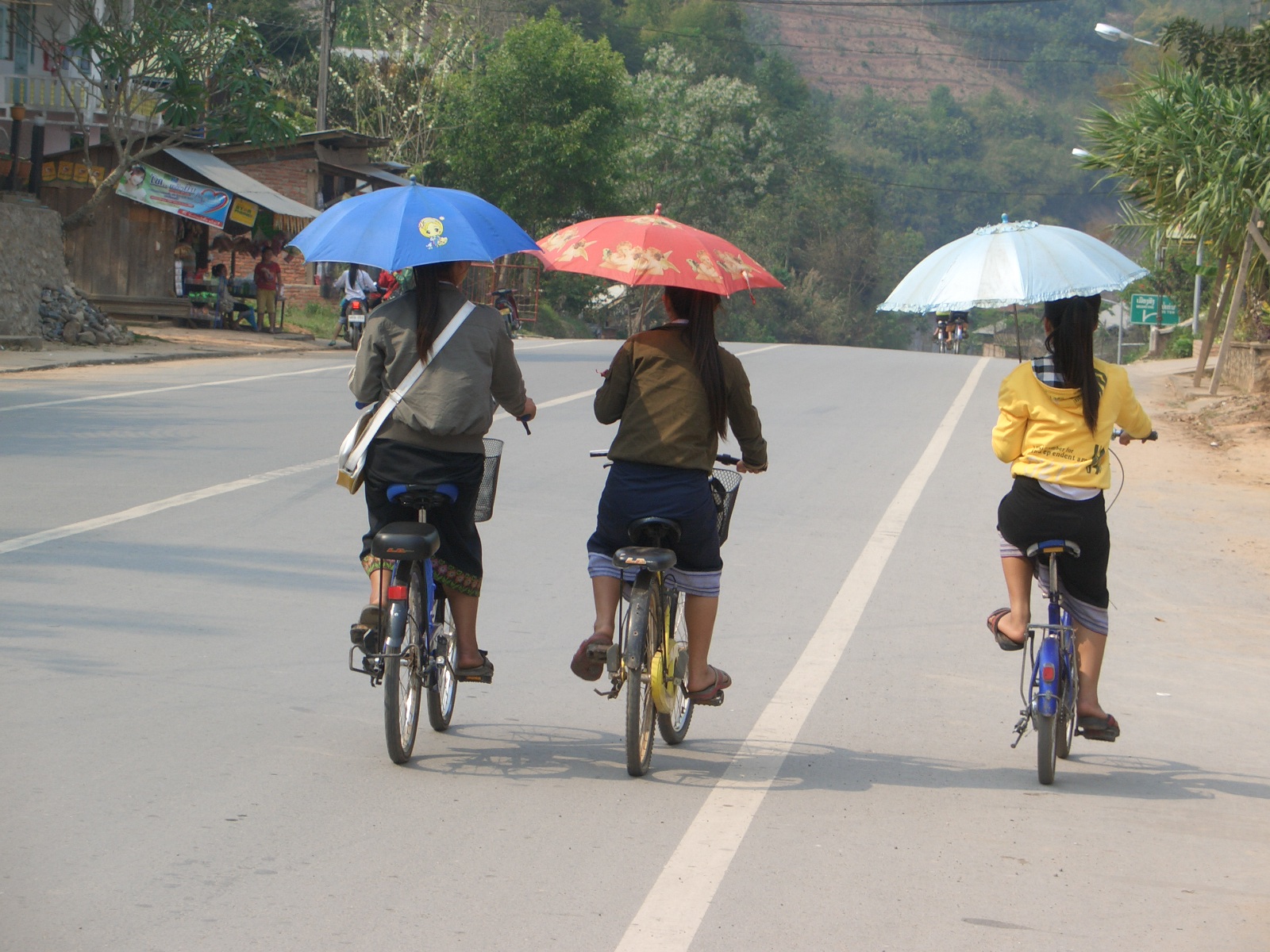
Cycling towards reducing gender-based violence
 Justina Bieliauskaite, an ECF Communications Intern, is not only a passionate cyclist, but also a strong supporter of and researcher in gender studies and women's rights. In light the International Day for the Elimination of Violence against Women, Justina shares her insights on bicycles and their contribution to ending gender-based violence.
Justina Bieliauskaite, an ECF Communications Intern, is not only a passionate cyclist, but also a strong supporter of and researcher in gender studies and women's rights. In light the International Day for the Elimination of Violence against Women, Justina shares her insights on bicycles and their contribution to ending gender-based violence.
The 25th of November is an International Day for the Elimination of Violence against Women. This day is officially endorsed by the United Nations (UN) in order to raise awareness about gender-based violence. The UN estimates that around 1 in 3 women worldwide experience physical or sexual violence (national studies reveal that this number might be as high as 70% in some countries). Although there are various tools and strategies implemented to fight this problem, one rarely thinks that a two-wheeler might also be a part of the solution!
Safer trips for women and girls
Research has proven that girls who walk long distances to schools are more vulnerable to violence and sexual harassment than those who can afford different means of transportation (it also leads to early school drop-outs). Therefore, initiatives such as SchoolCycle opt to provide bicycles for girls and help them access school without putting them at risk of violence or harassment during their commute. In addition, same could be said about adult females (especially in low-income countries) who often have to travel long distances to reach drinkable water sources, medical care services, work places (particularly in rural areas where women live far away from bigger farms) – these women are more exposed to violence and have a higher risk of beinng attacked while walking.
Awareness-raising by bikes
Bicycles are also increasingly used in various social campaigns raising awareness about gender-based violence, empowering and supporting victims of violence, educating women about their rights, etc. Numerous examples can be shown around the world: for instance, in Afghanistan girls’ bicycle race was organised to raise awareness about Afghani Law on Ending Violence against Women. In Nepal, volunteer women are given bikes to cycle around neighbouring villages and talk to local women about their rights in case of domestic violence, to take victims of violence to police stations, district attorneys or/and to health care providers. Another instance is the US-based WAVE Foundation which organises female cycling events with an aim to attract society’s attention to the issue of violence against women. Such races also serve as fundraising events to collect money for the organizations that provide treatment, advocacy, crisis communication, and shelter to victims of domestic violence. Finally, as a documentary movie about the Ovarian Psycos, a female cyclists’ group from Eastside Los Angeles, suggests cycling helps women come together and besides sharing their passion for cycling andalso talk about their experience of violence. Freed and empowered by their group bicycle rides, these women find confidence and strength to stand against the violence that they experience.
As one can see, bicycle can be used as a means of preventing violence against women. Promoting cycling, building cycling infrastructure, funding cycling projects - enabling every woman to acquire and safely use a bike might help her to reach a school, a doctor, a working place without facing a risk of gender-based violence. A two-wheeler which is a simple every-day means of transportation for so many people might be a life safer for a woman.
Topics:
Contact the author
Recent news!
Upcoming events
Contact Us
Avenue des Arts, 7-8
Postal address: Rue de la Charité, 22
1210 Brussels, Belgium









